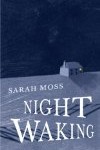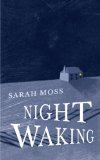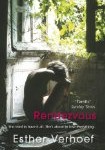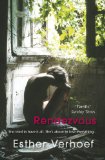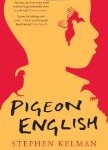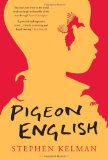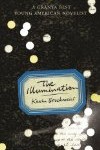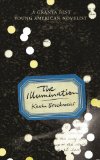Five words from the blurb: Scottish, island, family, funny, haunted
Night Waking is an insightful glimpse into the life of a family who move to an uninhabited Scottish island. Anna Bennett is a historian who is trying to write a book whilst looking after her two sons. Unfortunately she is sleep deprived and so beginning to resent the constant demands of her children. She’d love a bit of extra help from her husband, or even just an acknowledgment of her efforts, but he is normally absent – monitoring puffin numbers on the other side of the island.
The family’s life is complicated when they discover the remains of a baby buried in their garden. The police suspect that the body has been placed there in recent history and so investigations force the couple to suspect their close family, causing added tension.
Intertwined with this story are letters from a woman who came to the island at the end of the 19th century in an effort to reduce infant mortality. These letters, along with snippets from Anna’s book about childhood and institutions provided an added depth that I found fascinating.
I could relate to many of Anna’s frustrations and found myself laughing out loud as she struggled to juggle to the demands of two children – the scenes where she reads The Gruffalo over and over again had a particular resonance with me.
The writing was of a high quality throughout, but I suspect that the subject matter will mean that this book has greatest appeal to women with children.
In theory, I disapprove of cooking. It’s not a coincidence that ready meals and supermarkets appeared at the same time as equal opportunities legislation. In practice cooking means that you can hide in the kitchen wielding knives and listening to Radio Four and still be a Good Mummy, thus achieving a variety of domestic servitude which is still not, I believe, what Mary Wollstonecraft, Emmeline Pankhurst or Betty Friedan had in mind.
This engaging modern story, filled with historical detail, is one of my favourite reads of the year so far. Highly recommended.

.
